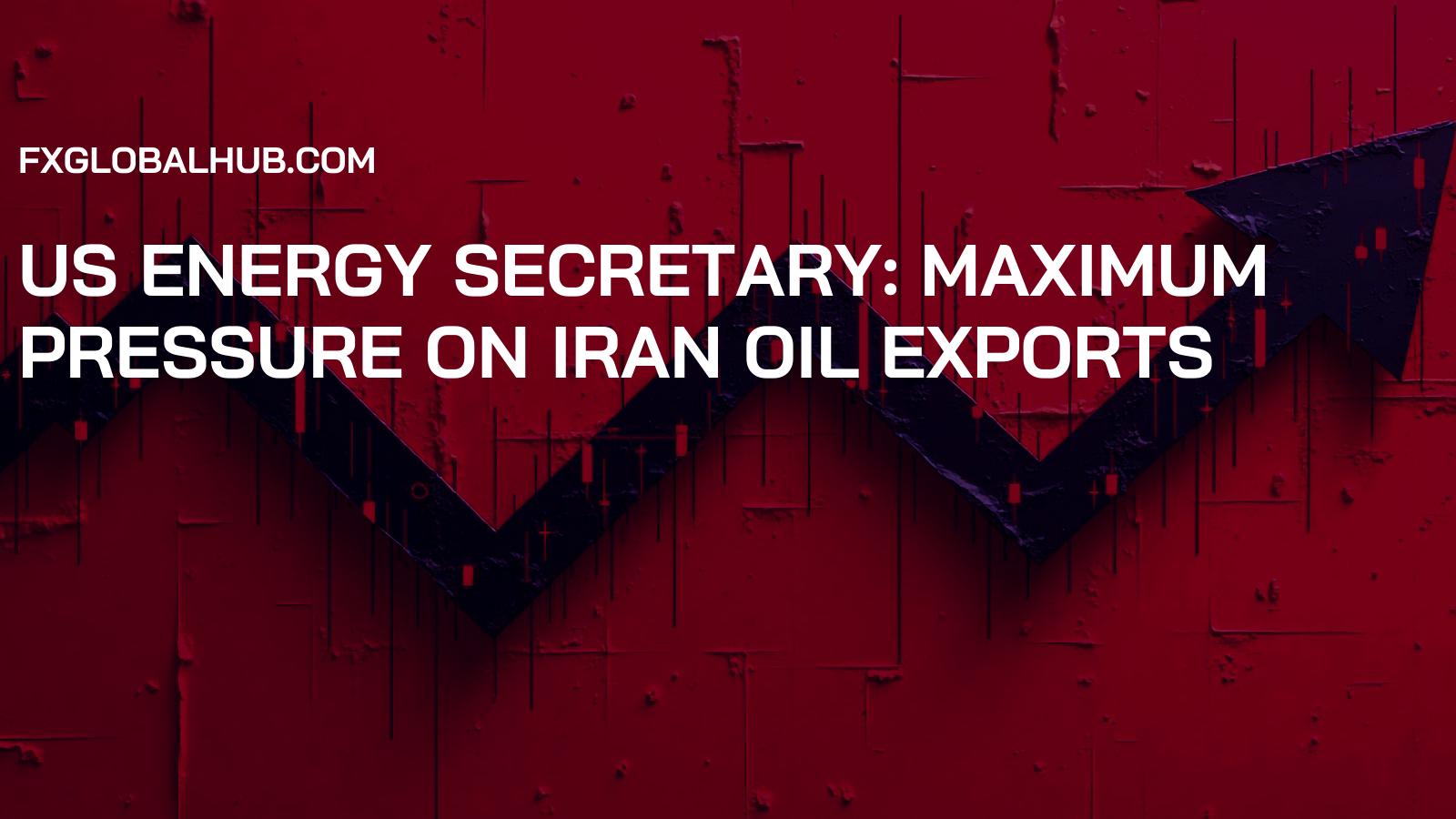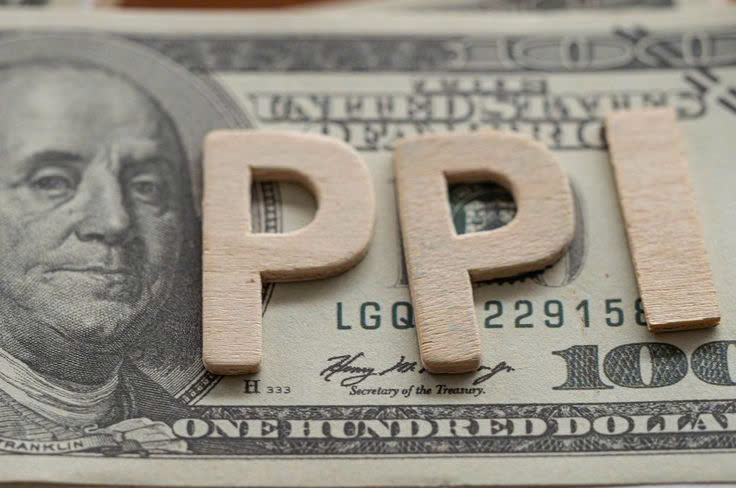FxGlobalHub: French Industry Minister Urges Firm EU Response to US Tariffs
Updated: 2025/04/04 21:24:17
France's Industry Minister calls for a strong European response to US tariffs. Learn about the potential impact on trade and the EU's strategy. Understand key terms like 'tariffs' and 'trade relations'.
Introduction: Rising Trade Tensions
The global trade landscape is becoming increasingly complex, with rising tensions between major economic powers. Recently, the French Industry Minister voiced strong concerns regarding US tariffs and called for a decisive European Union response. This situation highlights the ongoing challenges in international trade and the need for strategic maneuvering by affected nations.
The Minister's Statement: A Call for Action
The French Industry Minister's statement underscores the severity of the situation. The minister emphasized that the EU must react 'appropriately and resolutely' to the tariffs imposed by the United States. This firm stance reflects the potential damage that these tariffs could inflict on European industries and economies. The key message is that a passive approach is not an option, and the EU must actively defend its interests.
Understanding Tariffs: A Key Concept
A tariff is a tax imposed by a government on imported goods or services. Tariffs are used to protect domestic industries from foreign competition by making imported goods more expensive. While tariffs can provide short-term benefits to certain sectors, they can also lead to higher prices for consumers and retaliatory measures from other countries, potentially escalating into trade wars.
Potential Impact on the EU Economy
US tariffs can significantly impact the EU economy in several ways. Firstly, they make European goods more expensive for American consumers, potentially reducing demand and hurting European exporters. Secondly, tariffs can disrupt supply chains, as many European companies rely on US inputs for their production processes. Thirdly, they can create uncertainty and discourage investment, as businesses become wary of the unpredictable trade environment. The specific impact varies depending on the sectors targeted by the tariffs.
EU Response Options: A Strategic Overview
The EU has several options for responding to US tariffs. These include:
- Negotiation: The EU can attempt to negotiate with the US to reach a mutually acceptable agreement that removes the tariffs.
- Retaliatory Tariffs: The EU can impose its own tariffs on US goods, targeting sectors that are politically sensitive in the United States.
- Legal Action: The EU can challenge the legality of the US tariffs at the World Trade Organization (WTO).
- Support for Affected Industries: The EU can provide financial assistance and other forms of support to European companies that are negatively impacted by the tariffs.
The EU's choice of response will depend on a variety of factors, including the severity of the tariffs, the political climate, and the potential consequences of each option.
Trade Relations: A Foundation of Global Economy
Trade relations refer to the economic interactions between countries, encompassing the exchange of goods, services, and capital. These relations are governed by a complex web of agreements, treaties, and regulations. Healthy trade relations are essential for economic growth and prosperity, as they allow countries to specialize in the production of goods and services where they have a comparative advantage, leading to greater efficiency and lower prices for consumers.
The US-EU Trade Relationship: A Complex Interplay
The US and the EU have one of the largest and most important trade relationships in the world. They are each other's largest trading partners, and their economic fortunes are closely intertwined. However, the relationship has been strained in recent years due to disagreements over trade policies, including tariffs and other trade barriers. The current situation underscores the importance of finding ways to manage these disagreements and maintain a stable and mutually beneficial trade relationship.
Potential Impact on Currency Markets
Trade tensions and tariffs can significantly influence currency markets. Increased uncertainty often leads to investors seeking safe-haven currencies, such as the US dollar or the Swiss franc. If the tariffs negatively impact the EU economy, the euro could weaken against the dollar. Conversely, a strong and decisive EU response could bolster confidence in the euro. Monitoring currency movements provides valuable insights into market sentiment and the perceived impact of trade policies.
Comparison to Previous Year: Gauging the Impact
To fully assess the impact of the US tariffs, it's crucial to compare current trade data with figures from the previous year. This allows for a direct evaluation of the changes in import and export volumes, as well as the overall trade balance between the US and the EU. Analyzing sector-specific data provides a more granular understanding of which industries are most affected and the extent of the impact. This comparative analysis forms the basis for informed policy decisions and business strategies.
Conclusion: Navigating a Challenging Landscape
The French Industry Minister's call for a strong EU response to US tariffs highlights the challenges facing the global trade system. The EU must carefully consider its options and develop a strategic approach that protects its interests while minimizing the risk of further escalation. Effective communication, negotiation, and a willingness to adapt to the changing landscape will be essential for navigating these turbulent times. The future of US-EU trade relations hinges on finding common ground and fostering a spirit of cooperation.
Fed's Collins: Expect Rates to Stay Higher for Longer.
2025/04/11 20:17:53

Silver Spot Price Jumps 1.00% to $31.52 an Ounce Today
2025/04/11 19:49:53

US PPI (y/y): Actual 2.7% - Market Impact Analysis
2025/04/11 19:30:45

Thai Finance Minister Hopes for Trade Talks with US Officials Soon
2025/04/11 19:12:21

US Energy Secretary Wright: US to Keep Increasing Oil Production Under Trump
2025/04/11 18:23:15

US Energy Secretary: Maximum Pressure on Iran Oil Exports
2025/04/11 18:17:21

Gold Futures Soar to $3,250 in New York: Up 2.28%
2025/04/11 17:14:57

Scenarios and News analysis of XAUUSD: PPI, Inflation expectations & Gold rally on China’s tariff response
2025/04/11 17:06:50
